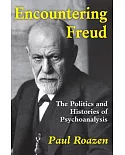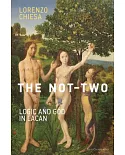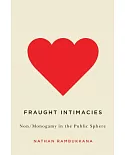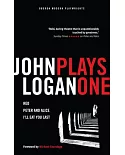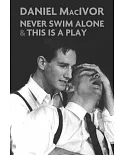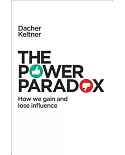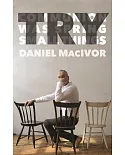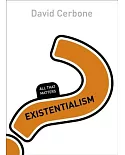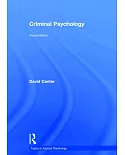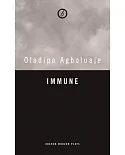The authors explore the interconnected issues of intergenerational trauma and traumatic memory in societies with a history of collective violence across the globe. Each chapter’s discussion
offers a critical reflection on historical trauma and its repercussions, and how memory can be used as a basis for dialogue and transformation. This book brings together different voices on
historical trauma, its effects across generations, and the dialogue that is necessary in order to break trauma’s intergenerational impact at the individual, community and societal levels. The
perspectives include, among others: the healing journey of three generations of a family of Holocaust survivors and their dialogue with third generation German students over time; traumatic
memories of the British concentration camps in South Africa; reparations and reconciliation in the context of the historical trauma of Aboriginal Australians; and the use of the arts as a
strategy of dialogue and transformation. The book offers a unique angle not only in terms of its interdisciplinarity, which includes literary representation of historical trauma narratives,
perspectives from oral history and contributions from psychoanalytic scholars. What sets the volume apart from other publications is its contribution to the advancement of scholarship in the
field of transgenerational transmission of trauma in a way that moves beyond the interpersonal to the social and historical.


